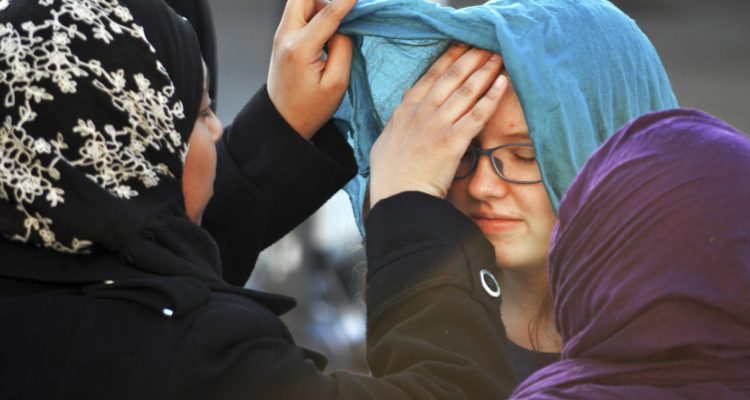The European Court of Justice held a company’s ban on the Muslim headscarf in the workplace is not direct discrimination, if all employees, regardless of religious background, are treated the same.
The European Court of Justice ruled on Tuesday that companies would not be liable for direct discrimination if they put in place a general ban on employees from wearing religious garb such as the Islamic hijab (headscarf).
“An internal rule of an undertaking which prohibits the visible wearing of any political, philosophical or religious sign does not constitute direct discrimination,” the court stated.
“Accordingly, such an internal rule does not introduce a difference of treatment that is directly based on religion or belief,” the court stated. “The rule thus treats all employees of the undertaking in the same way, notably by requiring them, generally and without any differentiation, to dress neutrally.”
The court made its ruling on a case in which Belgium’s Court of Cassation appealed for guidance in determining whether G4S security services was not abiding by a directive on providing equal treatment in employment and occupation.
The complainant, Samira Achbita, who had worked for G4S as a receptionist, was dismissed from her position on June 12, 2006, when she refused to abide by a workplace relations principle officially adopted by the company several weeks earlier that forbade employees from, “wearing any visible signs of their political, philosophical or religious beliefs and/or from engaging in any observance of such beliefs.”
The European Court of Justice noted that although “such a prohibition may constitute indirect discrimination” if “persons adhering to a particular religion or belief (are) being put at a particular disadvantage,” such a policy may be justified by a company if it has a “legitimate aim” in doing so and that “the means of achieving that aim are appropriate and necessary.” The example mentioned by the court of a “legitimate aim” is “a policy of political, philosophical and religious neutrality.”
Nevertheless, in light of its use of the directive mandating a “principle of equal treatment,” the court found that G4S’s prohibition against “wearing an Islamic headscarf, which arises from an internal rule of a private undertaking prohibiting the visible wearing of any political, philosophical or religious sign in the workplace, does not constitute direct discrimination based on religion or belief within the meaning of the directive.”
Recently, the European Court of Human Rights held that mandatory-mixed gender swimming lessons were justified in schools, despite the religious objections of Muslim parents.
By: Jonathan Benedek, World Israel News





